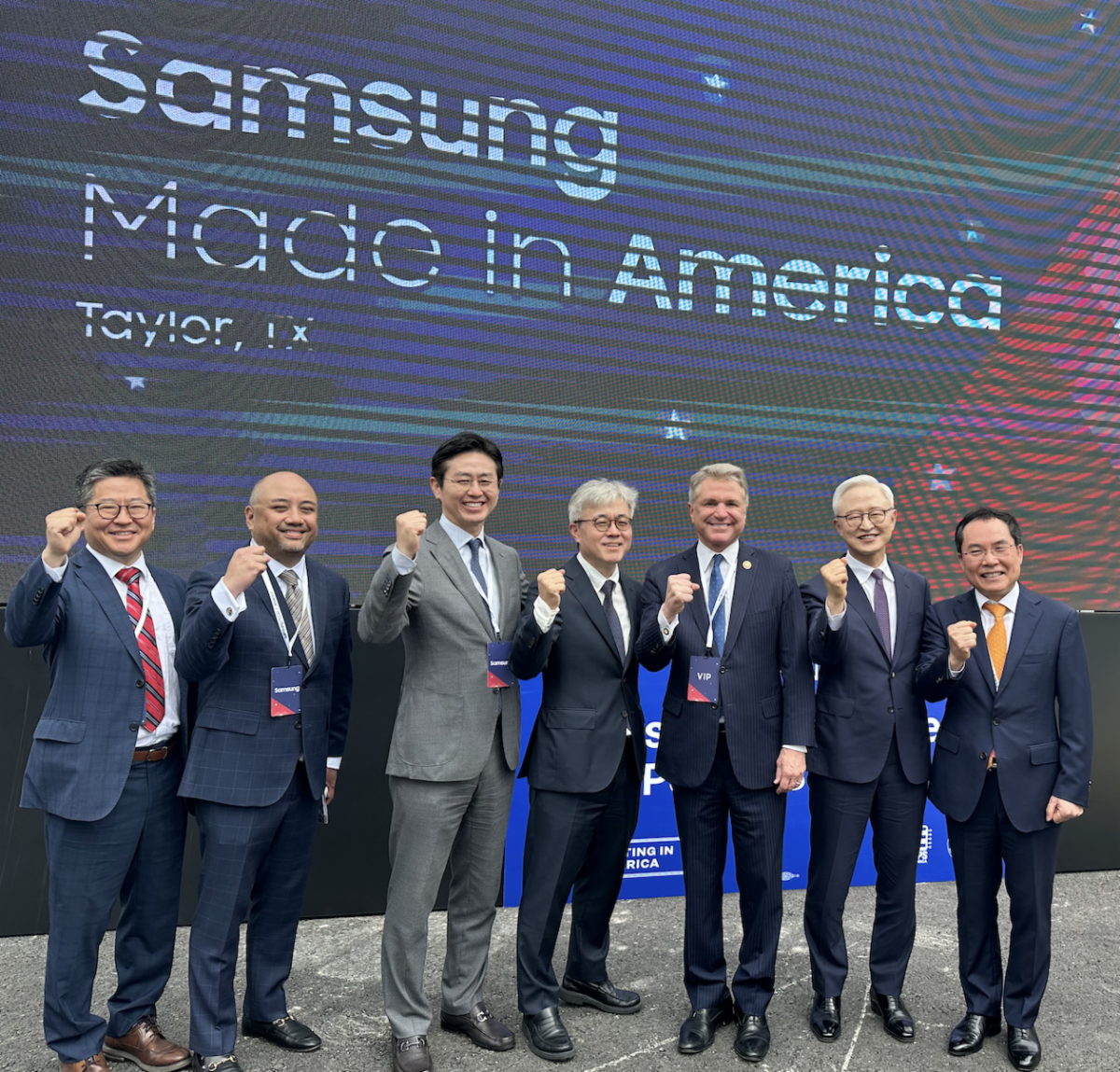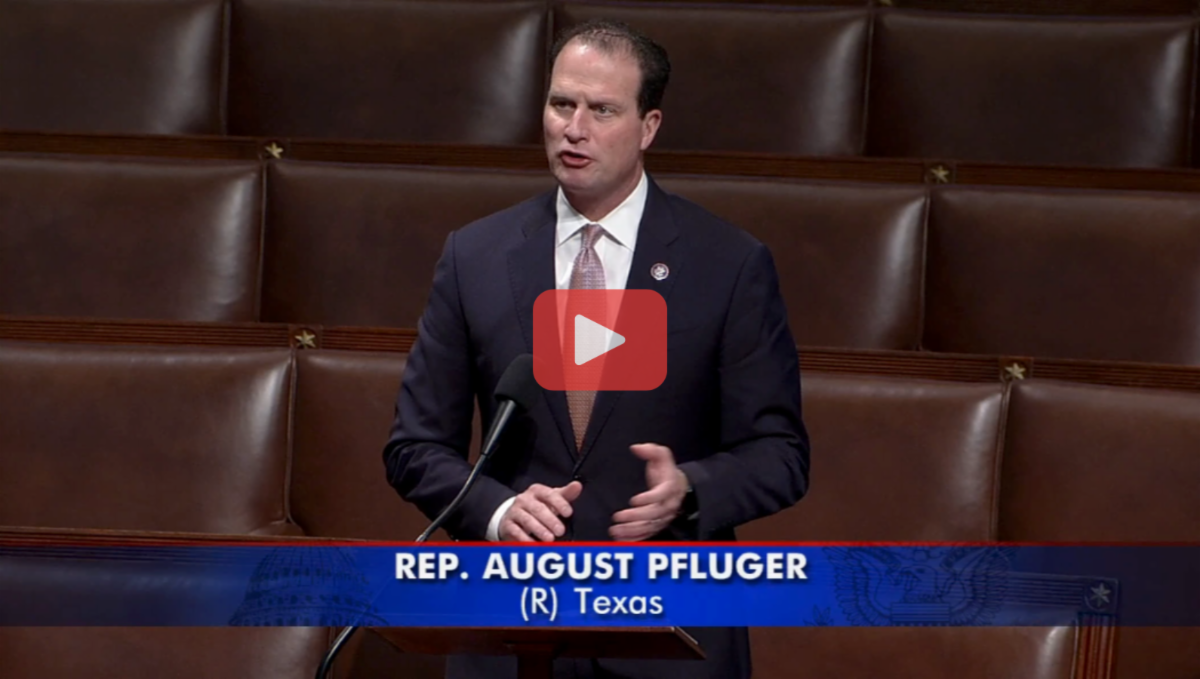Rational Middle of Immigration Episode 165: Changing the Way We Think About Immigrants: Douglas Holtz-Eakin
In this 17-minute episode of Rational Middle podcasts, host Omar Gallaga interviews Douglas Holtz-Eakin to take a look at immigration through the lens of its economic benefits. Holtz-Eakin is an American economist and is the president of the American Action Forum, a conservative policy institute and campaign policy shop. He was formerly Director of the nonpartisan Congressional Budget Office and chief economic policy adviser to Senator John McCain's 2008 presidential campaign.
Eakin’s central observation is that we've never really used immigration as a tool of economic policy, even though immigrants have brought enormous economic vitalities to the U.S. Instead, our immigration laws are based on the noble principles of family unification, asylum, and refugee status. “We could stoke the engines of economic growth by focusing more on economics and thinking about our immigration policy and awarding visas based on what they will contribute to the economy as a whole… that’s the basic idea.”
Eakin argues that historically we get economic stimulus through immigration. Immigrants tend to start businesses at a faster rate than the native born, work longer, create jobs, and 40% of Fortune 500 CEOs are immigrants or children of immigrants. We get more workers and productivity through immigration. Immigration should be viewed as a durable thing that flexibly provides labor that we need in our economy. “Instead of awarding under 5% of our visas on economic criteria, we could have a set of criteria that we use to admit people into the United States and have that be about their economic contribution.”
Suppose we went back to the Immigration Modernization Act of 2013, which the senate passed but didn’t become law, and enacted it in 2023. It had some economic criteria, border security, and took care of those here illegally. Those economic criteria were estimated by the CBO to raise the rate of economic growth, raise the growth rate of the population and the labor force, and improve productivity. If we just did that today, without any change in the legislation, we’d have about 26 Million more jobs over the next 10 years, another 2.9 Trillion in GDP, and have a better standard of living and the resources to spend in the public sector or privately. We’d have big economic benefits.
Eakin points out that this is important to remember when we get into debates over the border or the illegal immigrant population. If we focus on the economic benefits that we can all agree on, then perhaps we can get a 2025 version of this bill that we can get over the finish line.
Eakin further addresses the impact of foreign investment on immigration and the vision in the 90’s that all the capital was in the western economies and all the labor was elsewhere. The idea was that the capital would flow to the labor with enormously productive investments that would finance the retirements of those in the west and finance the ascendancy of these developing countries across the globe. It never happened, for a variety of reasons. So if the capital is not going to the labor, the labor will come to the capital. Enormous migration occurs as people seek a better standard of living.
Gallaga and Eakin discuss the impact of the current political climate on the success of legislative efforts on immigration, so this is where Eakin focuses on educating the public. Our native-born population has too few babies to even stay at the same size, and “by picking our immigration policies we can dictate our economic future, how fast we grow, what our labor force looks like…” Our immigration conversation needs to be changed to focus on the economic benefits.
The discussion then turns to what can be done now, perhaps in a piecemeal approach. There is a lot of agreement on the need to deal with the Dreamers and the need to modernize our farmworker immigration policies. A huge fraction, 50-70% of farmworkers, are here illegally, and that is unsustainable. There is a lot of agreement between democrats and republicans on things that could get done.
Learn more about these issues from the Rational Middle of Immigration Podcast Episode 165: Changing the Way We Think About Immigrants: Douglas Holtz-Eakin below. Also check out the free Rational Middle of Immigration Video Docuseries that examines more issues associated with the US immigration system.








